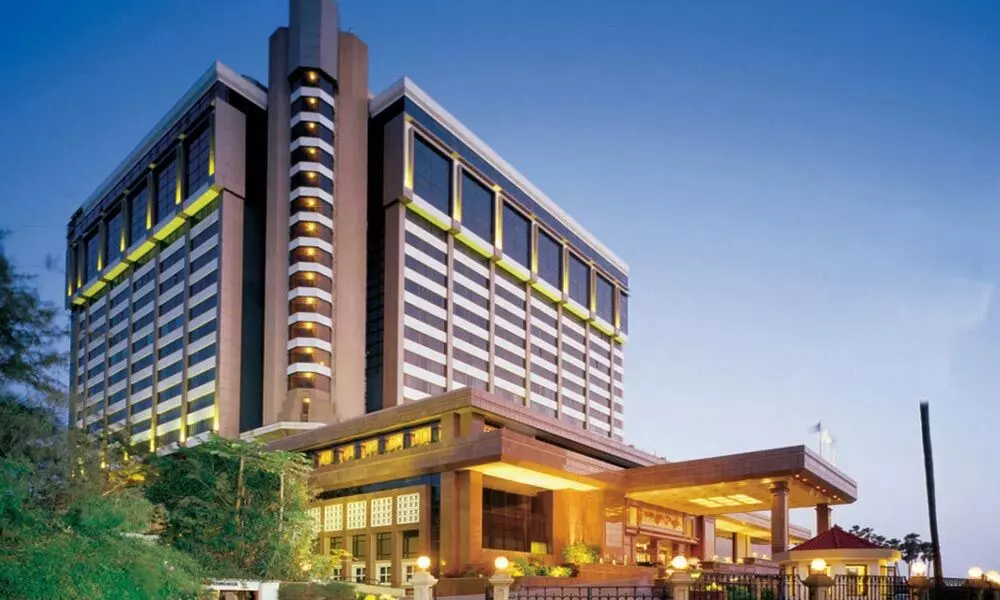Retail investors find new home in 'Condo Hotels'
Wyndham is one such brand to develop project in areas like Dwarka in Gujarat with 202 rooms under Hot & Sweet brand. Domestic brands like Taj, Sarovar and Lemon Tree and Park of Kolkata are weighing the option
image for illustrative purpose

The concept of owning hotel rooms is in its nascent stage in the country and it is faced with a host of challenges
Mumbai: Slowly but steadily, the concept of condominium hotels (condo hotels) is catching up in the country and attracting retail investors to think of buying hotel rooms instead of homes.
A multistorey building is divided into smaller units and sold as individual 'condominiums', what we know as flat ownership in India. In western vernacular, 'condominium' usually refers to retail ownership of individual housing units in a building. If the building is rather a hotel with individual rooms sold separately to multiple owners, it turns into, viola, a 'condo hotel.
In simple words, a condo hotel resembles a residential property with multiple owners that has been approved by the municipal authorities for use as a commercial hotel. Contractually, a room owner may not use his unit as a residence, nor can he lease it to third parties other than the hotel operator. In this manner, all units must participate in the pool of hotel rooms.
Condo hotel as a term has mainly been used in the US since early 2000. Initially, big hotel groups didn't take it up due to a legal challenge which was inherent in the model. However, condo hotels started appealing to the people in the hotel industry since 2012-13 when the market started rising back from the global financial crisis of 2007-08.
Wyndham is one such brand to develop project in areas like Dwarka in Gujarat with 202 rooms under Hot & Sweet brand. Domestic brands like Taj, Sarovar and Lemon Tree and Park of Kolkata are weighing the option. Nevertheless, the concept is in its nascent stage in the country as of now and it is faced with a host of challenges.
"In some western countries such as the US and France, retail investors came forward to invest in condo hotels over a decade ago. The market saw some success. However, at many places, the model was bound to fail as the current yields were low, and the investor relation was complex. Fortunately, that (low yield) did not seem to be an issue in India during the pre-pandemic days, when upper segment hotels promised high net yields" says Dr Prashant Das, a professor of real estate finance at IIM Ahmedabad.
Experts feel that condo hotels will pick up in India in days to come for several reasons. First, raising capital for financing hotel development/investment has been a challenge. Due to the perception that hotels are a risky investment, mortgage debt is expensive (10-14 per cent), financial leverage is often constrained (i.e., LTV<60 per cent) and hence the nonchalance of the lenders towards financing such projects. Secondly, hotel loans have shorter amortisation periods (10-15 years) that stresses the debt service cash outflows on an ongoing basis when loans are fully amortizing or at maturity in case of balloon payments. The condo hotel model virtually passes the burden of financing on to the retail investors who, in many cases, go full-equity. The moot question arises if it be seen as a viable investment option for middle class? Well, any investment, unless and until there is more transparency and law to tell you how to enter and how to exit is there, the middle-class investor will not come forward. Rather they will prefer REIT. Only HNIs can think of taking risk at that level at this point of time.
Coming on exit strategy available for investors, it is difficult for the middle class to follow as there are very few projects in existence in the country as of now. Further, an RBI ruling says that no company can provide guaranteed return unless it's a bank or an NBFC. So, this nascent sector may target NRIs and HNIs as of now.

